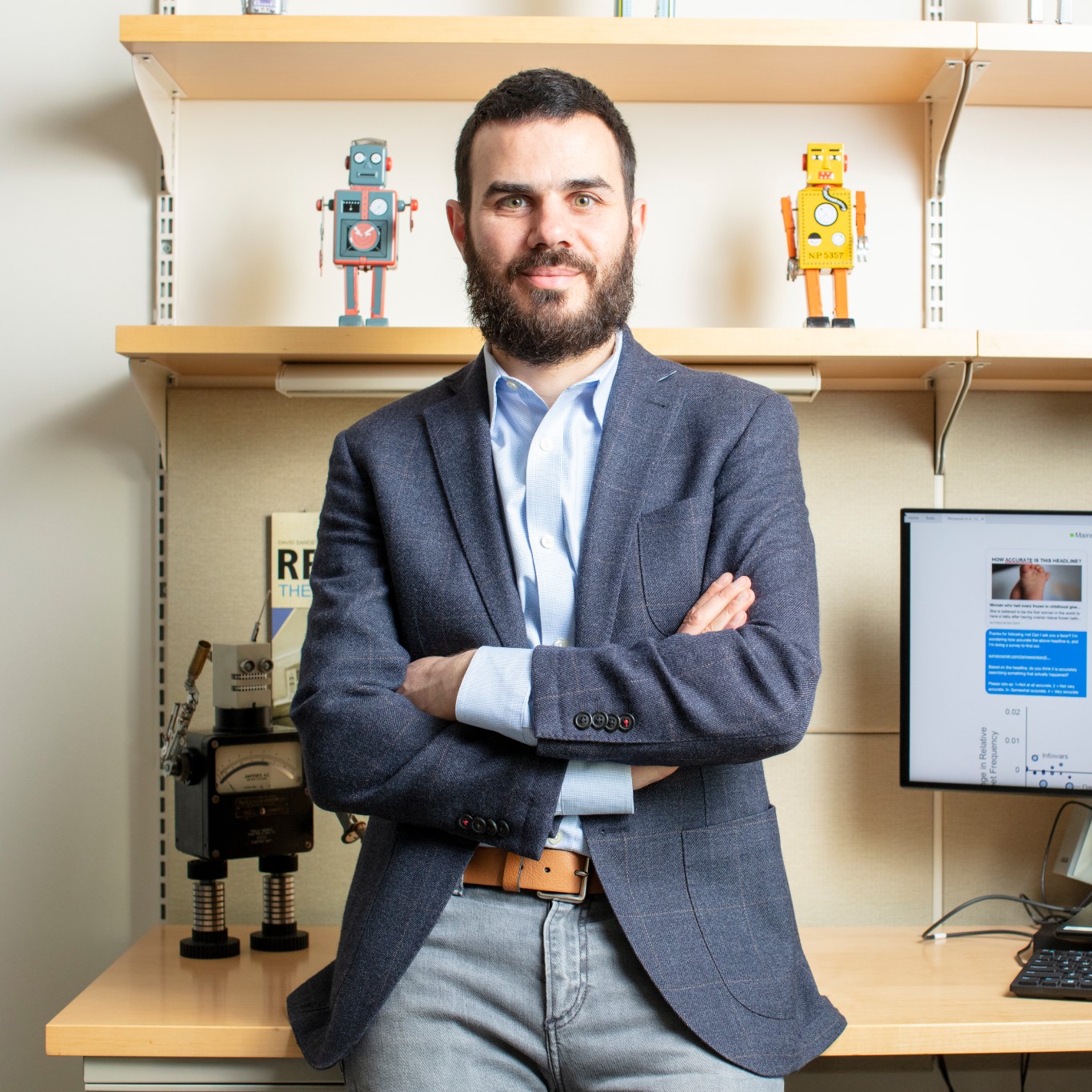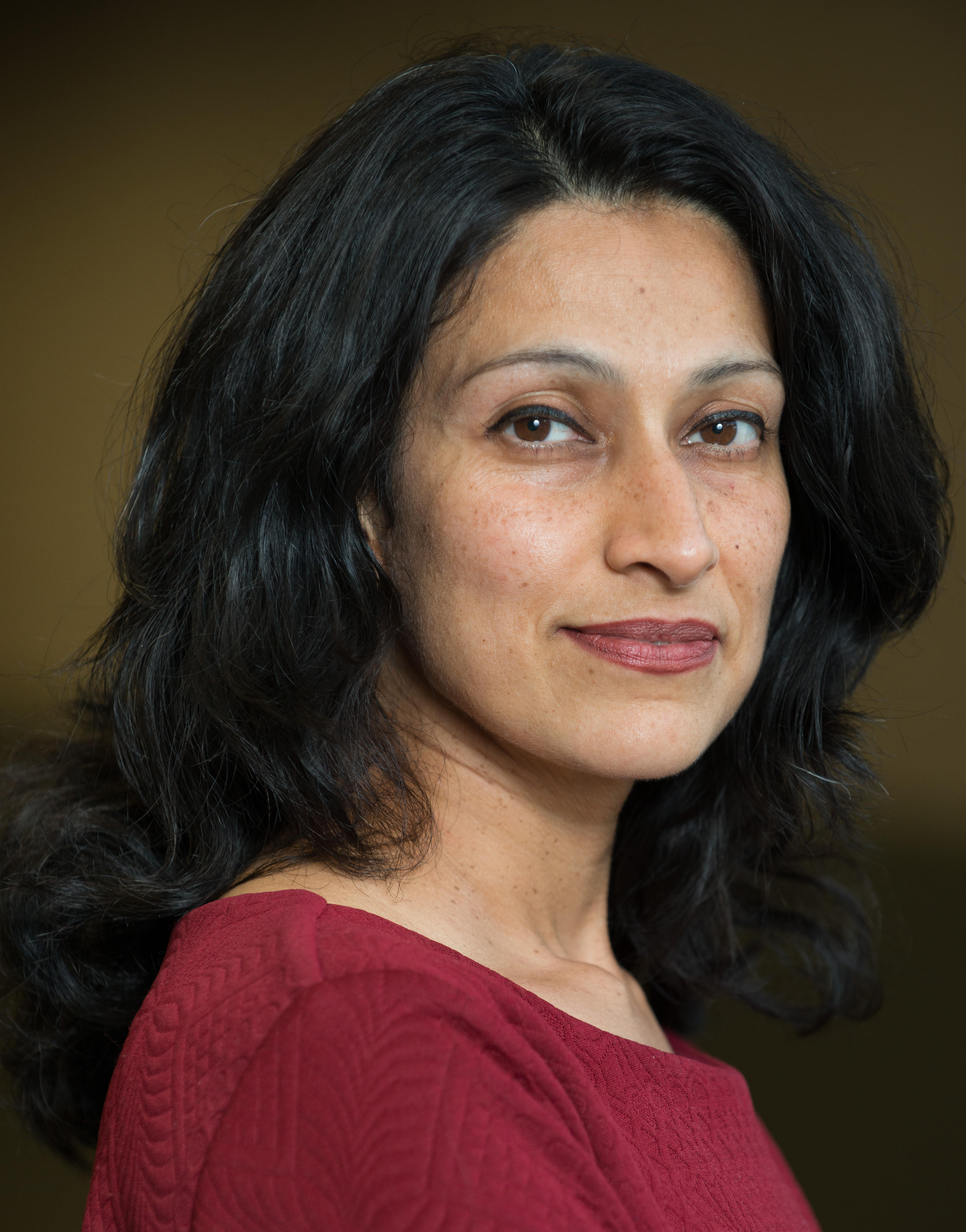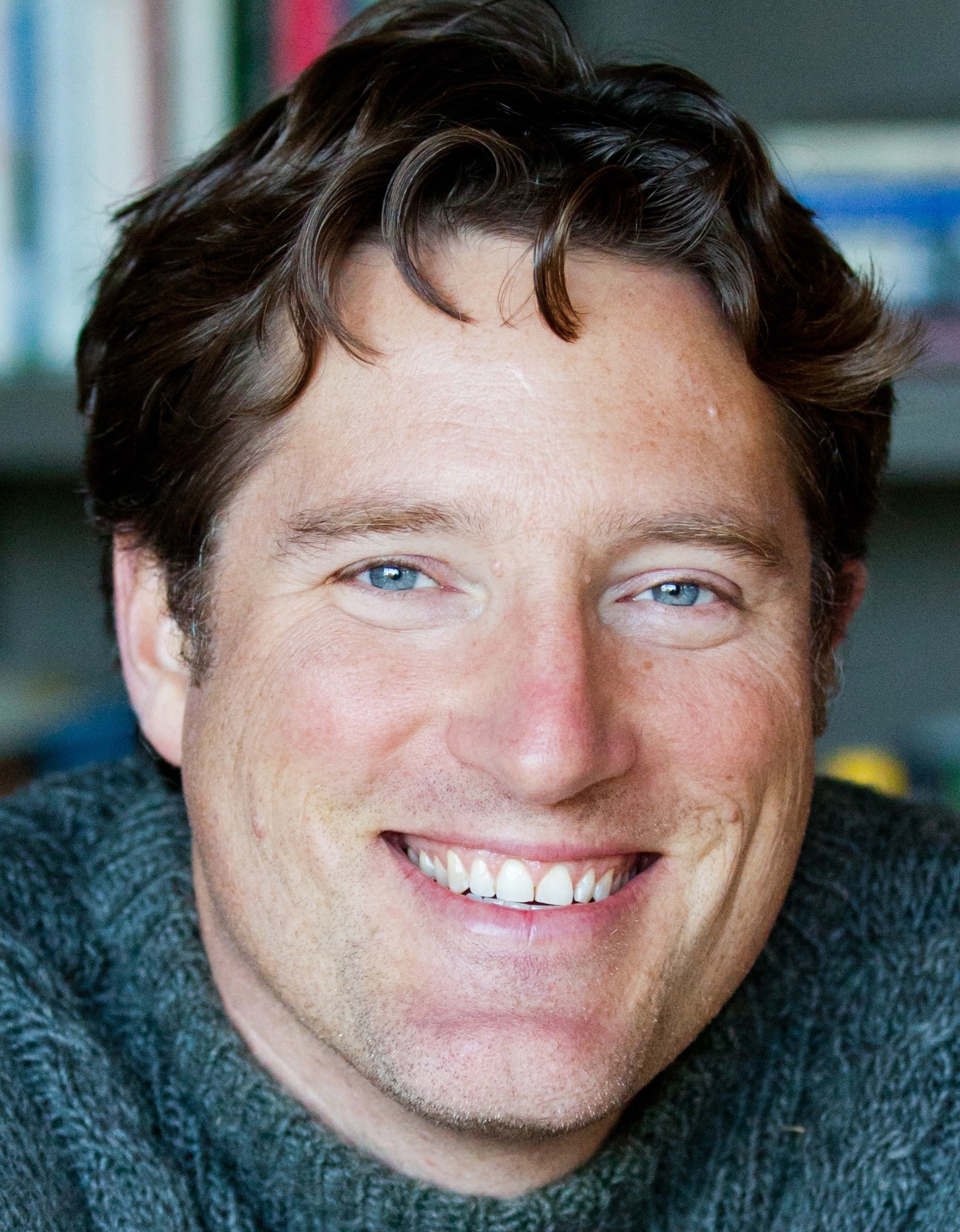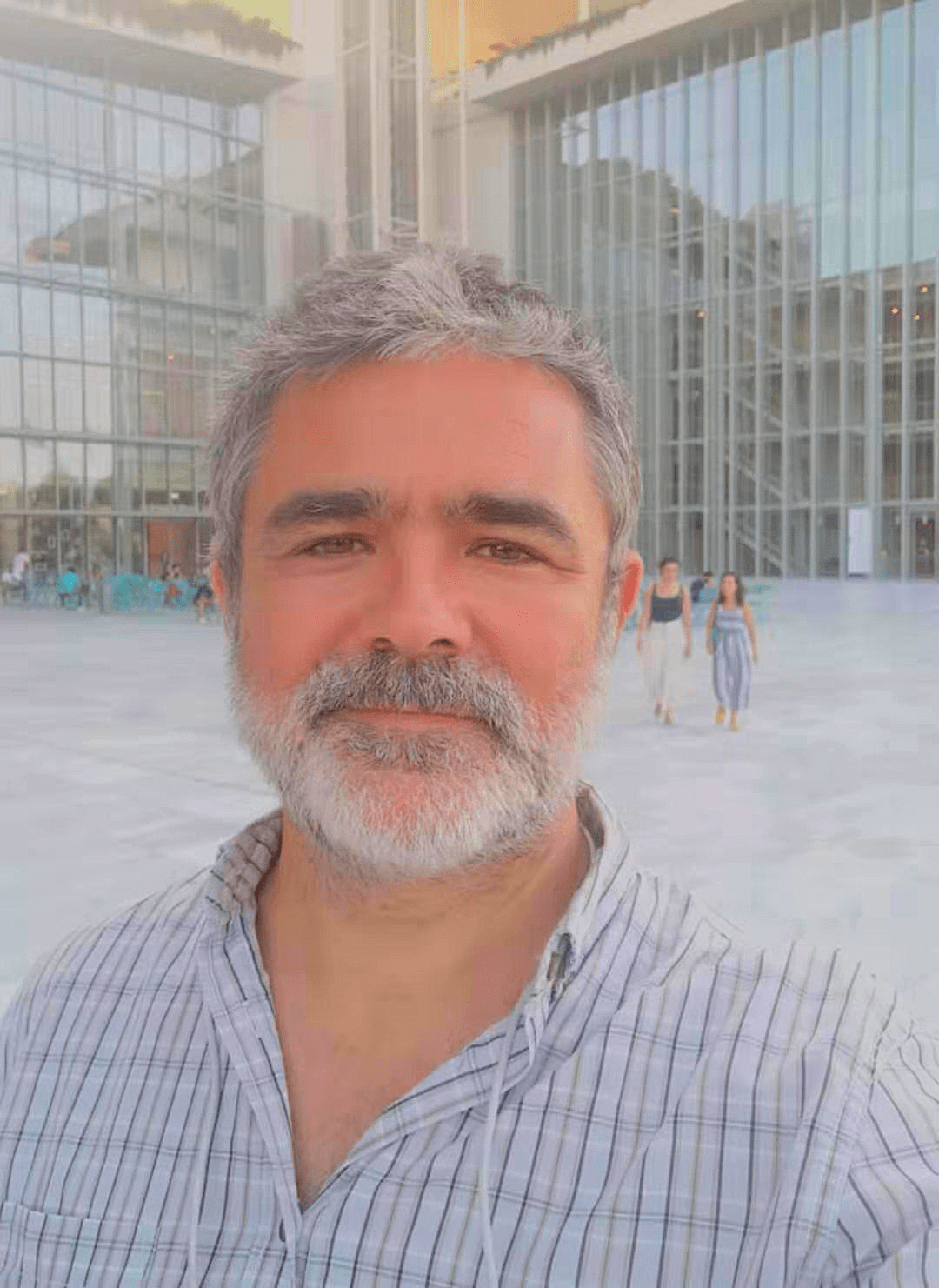Keynotes
Title: Using diversity as a source of scientific innovation for the Web
Speaker: Barbara Poblete, University of Chile and Amazon Visiting Academic
Abstract: The Web has become a resource that allows us to make sense of social phenomena around the world. This started the moment users became content creators, and has grown with the emergence of social platforms tailored to our need to connect and share with others. Throughout my work, I've come to appreciate how social media has democratized access to real-world news and social sentiment, while also witnessing the loss of trust created by fake information. As a computer scientist from Chile in Latin America, I have worked on a range of problems that were driven by local needs. Many times, I have tried to apply state of the art solutions to well-known problems, only to find that these don't work outside of their initial evaluation dataset.
In this talk, I'll discuss how geographical, language, and social diversity have opened new avenues for innovation and better understanding the social Web. I'll also show that to truly create useful technological solutions, we must develop inclusive research and resources.

Bio: Dr. Barbara Poblete is an Associate Professor at the Computer Science Departmentof the University of Chile and an Amazon Visiting Academic at Alexa Shopping Research. She is Co-PI at IMFD and CENIA in Chile, the first large government funded research centers dedicated exclusively to Data and to AI, respectively. Formerly, she was at Yahoo! Labs. Her main research areas are Social Network Analysis, Web Data Mining and Information Retrieval. She co-authored a series of innovative works on the topic of online misinformation, including the article "Information Credibility on Twitter" (2011) awarded the 2021 IW3C2 Seoul Test of Time Award. This widely cited work, was pioneer in studying so-called "fake-news" and has been featured in SciAM, WSJ, Slate, The Huffington Post, BBC News and NPR, among others. Her research has also focused on the problem of multilingual and language agnostic approaches, specifically for online hate-speech and crisis informatics. In this regard, she has led initiatives such as Twicall.cl, a social-based real-time earthquake detection system, used by the National Seismology Center and other emergency response agencies in Chile. She has co-authored over 80 peer-reviewed articles, including top-tier venues such as TWC, SIGIR, EMNLP and ISWC. Other distinctions include the Google Latin American Research Award and being nominated among Chile's "100 Leaders under 35". Currently, she is among the top most cited women computer scientists in Latin America. She is Program Committee co-Chair for SIGIR 2023, and recent activities comprise Track co-Chair for TWC, Doctoral Consortium and DEI co-chair for SIGIR, Program Committee Chair for SPIRE, AMW, LA-WEB, and Editorial Board member for Foundations & Trends in IR, Associate Editor for TWeb. She is also co-founder of ChileWiC, local ACM-W chapter for women in Computer Science.
Title: Understanding and Reducing Online Misinformation
Speaker: David Rand
Abstract: I synthesize a burgeoning literature investigating why people believe and share false or highly misleading news online, and what to do about it. Repetition, alignment with pre-existing beliefs, and trusted sources make people more likely to believe information - regardless of its actual veracity. Lack of careful reasoning and relevant knowledge (eg digital or media literacy) makes people specifically more vulnerable to believing falsehoods, and thus reduces the ability to tell true from false. Furthermore, there is a substantial disconnect between what people believe and what they share on social media. This dissociation is largely driven by inattention, more so than by purposeful sharing of misinformation. Thus, nudging social media users to focus on accuracy can reduce misinformation sharing. Finally, crowdsourced veracity ratings can also be leveraged to improve social media ranking algorithms.

Bio: David Rand is the Erwin H. Schell Professor and Professor of Management Science and Brain and Cognitive Sciences at MIT. David’s research combines survey experiments and social media field experiments to understand human decision-making online. His work focuses on illuminating why people believe and share misinformation and "fake news" understanding political psychology and polarization; and promoting human cooperation. He has published over 170 articles in peer-reviewed journals such Nature, Science, PNAS, the American Economic Review, Psychological Science, Management Science, New England Journal of Medicine, and the American Journal of Political Science, and his work has received widespread media attention. David regularly advises technology companies such as Google, Facebook, and Twitter in their efforts to combat misinformation, and has provided testimony about misinformation to the US and UK governments. He has also written for popular press outlets including the New York Times, Wired, and New Scientist. He was named to Wired magazine’s Smart List 2012 of " 50 people who will change the world,” chosen as a 2012 Pop!Tech Science Fellow, awarded the 2015 Arthur Greer Memorial Prize for Outstanding Scholarly Research, chosen as fact-checking researcher of the year in 2017 by the Poyner Institute’s International Fact-Checking Network, awarded the 2020 FABBS Early Career Impact Award from the Society for Judgment and Decision Making, and selected as a 2021 Best 40-Under-40 Business School Professor by Poets & Quants. Papers he has coauthored have been awarded Best Paper of the Year in Experimental Economics, Social Cognition, and Political Methodology.
Title: Decolonizing Creative Labor in the age of AI
Speaker: Payal Arora
Abstract: Creative AI has got us asking existential questions of what makes us human. To crack the code, you need to crack the culture that makes us who we are. Who and what is creative remains largely disconnected from diverse and global cultural norms, rendering existing technology suboptimal and even unusable to the world’s majority. Creativity has long been dictated by the aesthetic taste, values, needs, concerns, and aspirations of the West. Today, India and China alone account for the majority of the world’s users. The Global South are fast shaping data systems in ways that remain underexamined and siloed as “Rest of World” among industry and government folks. With the rise of the creator economy across sectors, questions abound on creative rights, provenance, fairness, labor, and representation. This talk discusses concerns around digital labor, data materiality, media literacies, creative value, and online expression. In doing so, it sets a pathway towards designing inclusive and intersectional systems that transcend borders.

Bio: Payal Arora is a digital anthropologist and an author, speaker, and professor. She holds the Chair in Technology, Values, and Global Media Cultures and is an Academic Director in UX and Inclusive Design at Erasmus University Rotterdam. She is the co-founder of FemLab, a feminist future of work initiative. Her expertise lies in user experience of & inclusive design for low-income communities worldwide and comes with two decades of fieldwork experience in such contexts. She is the author of award-winning books including the ‘Leisure Commons,’ and “The Next Billion Users” with Harvard Press (PROSE award Winner for the best 2019 book in Business, Management and Finance). Engadget stated that her Harvard book is one of “the most interesting, thought-provoking books on science and technology we can find.” Forbes named her the “next billion champion” and “the right kind of person to reform tech.” Several international media outlets have covered her work including the BBC, Financial Times, The Economist, Quartz, Tech Crunch, The Boston Globe, F.A.Z, The Nation and CBC. She has consulted on tech innovation for diverse organizations such as Adobe, Spotify, Google, UNESCO, KPMG, GE, UNHCR, and HP. She has given more than 300+ talks in 115 cities in 67 countries alongside figures like Jimmy Wales and Steve Wozniak and TEDx talks on the future of the internet and frugal innovation. She sits on several boards such as Columbia University’s Earth Institute, World Women Global Council in New York, and the ICRIER Prosus Centre for Internet and Digital Economy. She has held Fellow positions at Bellagio Rockefeller, GE, ZEMKI, ITSRio, MICA, and NYU. She has an MA in international policy from Harvard University and a PhD in Language, Literacy and Technology from Columbia University. She is Indian, Irish, and American and currently lives in Amsterdam.
Title: Concept Regulation in the Social Sciences
Speaker: Zachary Elkins
Abstract: The sciences, notably biology and medicine, operate with highly regulated taxonomies and ontologies. The Social Sciences, on the other hand, muddle through in a proverbial tower of babel. There may be some real benefits to an undisciplined set of ideas, but also some real costs. Over the last ten years, political scientists have attempted to get their semantic act by cooperating to formalize their vocabulary. The result has been a dramatic improvement in how scholars diagnose and treat problems of democracy, as well as a set of web applications that have changed the way countries write constitutions. Nevertheless, these methods of semantic cooperation have exposed some persistent challenges of “social engineering,” ones that may have tractable web solutions.

Bio: Professor Elkins’ research focuses on issues of democracy, institutional reform, research methods, and national identity, with an emphasis on cases in Latin America. He is currently completing a book manuscript, Steal this Constitution: The Drift and Mastery of Constitutional Design, which examines the design and diffusion of democratic institutions. Much of his research is on the origins and consequences of national constitutions. With Tom Ginsburg (University of Chicago), Professor Elkins co-directs both the Comparative Constitutions Project , a NSF-funded initiative to understand the causes and consequences of constitutional choices, and the website Constitute , which provides resources and analysis for constitutional drafters in new democracies. Elkins earned his B.A. from Yale University, an M.A. from the University of Texas at Austin, and his Ph.D. from the University of California, Berkeley.
Title: GNNs and Graph Generative models for biomedical applications.
Speaker: Michalis Vazirgiannis
Abstract: Graph generative models are recently gaining significant interest in current application domains. They are commonly used to model social networks, knowledge graphs, and protein-protein interaction networks.
In this talk we will present the potential of graph generative models and our recent relevant efforts in the biomedical domain. More specifically we present a novel architecture that generates medical records as graphs with privacy guarantees. We capitalize and modify the graph Variational autoencoders (VAEs) architecture. We train the generative model with the well known MIMIC medical database and achieve generated data that are very similar to the real ones yet provide privacy guarantees. We also develop new GNNs for predicting antibiotic resistance and other protein related downstream tasks such as enzymes classifications and Gene Ontology classification. We achieve there as well promising results with potential for future application in broader biomedical related tasks. Finally we present future research directions for multi modal generative models involving graphs.

Bio: M. Vazirgiannis is a Distinguished Professor at Ecole Polytechnique in France. He has been intensively involved in data science and AI related research. His broad research area is in methods for data mining and machine/deep learning methods for diverse data types and applications (including graphs, text, time series). Recently he is working of i. GNNs and aspects including expressiveness, efficiency, generation ii. Pretrained models and resources for multilingual NLP and Biomedical applications. His research and industrial impact is spanning different domains such as web advertising, social networks, online gambling, insurance, legal text applications, aviation and maritime industry and the bio/medical domain. He also pioneered at the teaching/training level having introduced new machine/deep learning and AI courses for academic and executive training studies. Pr. Vazirgiannis has published more than 250 papers in international journals and proceedings of international conferences and his work is highly cited with his h-index 56 (Google scholar, as of Nov. 2022). On the side of supervision he has supervised 29 completed PhD theses. Finally he has been able to attract significant funding for research from national and international sources, from research agencies and industrial partners (including Google, Airbus, Huawei, Deezer, BNP, LVMH). He lead(s) academic research chairs (DIGITEO 2013-15, ANR/HELAS 2020-25) and an industrial one (AXA, 2015-2018). He has received several awards and distinctions including i. Marie Curie Intra European Fellowship (2006-8) ii. "Rhino-Bird International Academic Expert Award" in recognition of his academic/professional work @ Tencent (2017), iii. best paper awards in international conferences (such as IJCAI 2018, CIKM2013). He has been invited to media interviews in France, USA and China and published popularized articles in French and Greek magazines/newspapers on Artificial Intelligence topics. More info at: http://www.lix.polytechnique.fr/dascim/